Think You’re too Old for Braces? Think again!
/
0 Comments
Think You’re Too Old for Braces? Think Again
Date: October…

The Do’s and Don’ts of Eating with Traditional Metal Braces
What Can You Eat with Traditional Metal Braces? A Guide for Franklin,…

5 Common Myths About Braces Debunked
Are you considering braces but hesitant due to common misconceptions?…
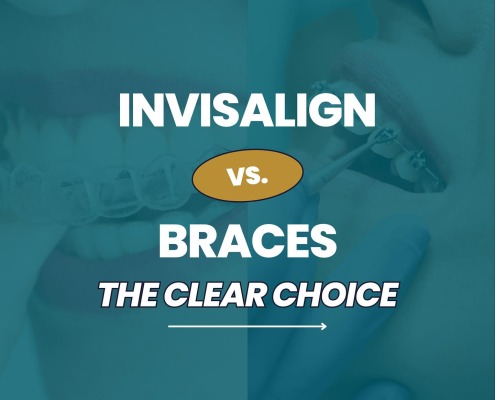
Invisalign Aligners vs. Braces: Which Option is Right for You?
Unsure if Invisalign aligners or traditional braces are better for you? Learn about each orthodontic treatment to find the best way to straighten your teeth.

I’m An Adult. Is It Too Late For Braces?
Braces can straighten your teeth and beautify your smile. If…

4 Things You Can Do to Help Your Little One Avoid Braces
Braces can be expensive, but you can help your child avoid braces…
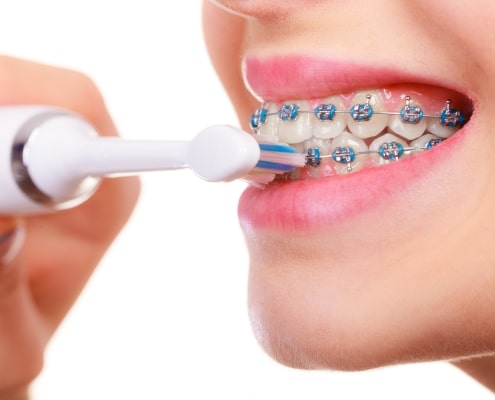
3 Things You Can Do to Take Care Of Your Braces
Your braces are important tools for straightening your teeth…
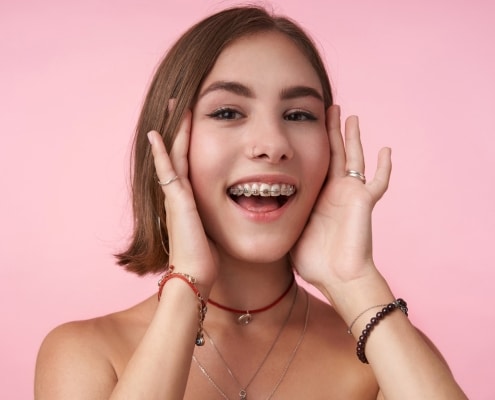
Things You Can Do To Take Care of Your Braces
Taking care of your braces is important for the health of your…
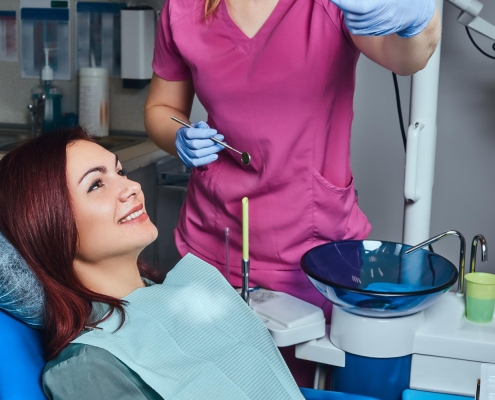
Invisalign Vs Braces: What to Know
Teeth and jaw misalignments can create a variety of problems,…
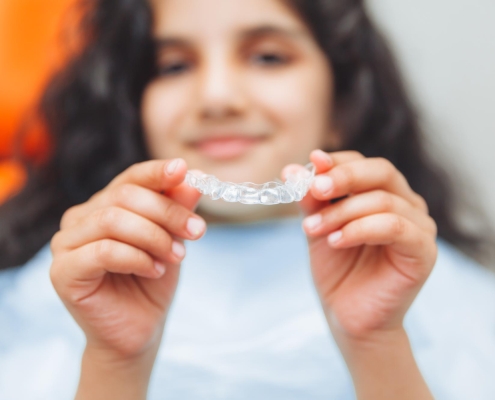
Are Clear Aligners Safer than Traditional Braces?
Millions of people worldwide love clear aligners because they…
